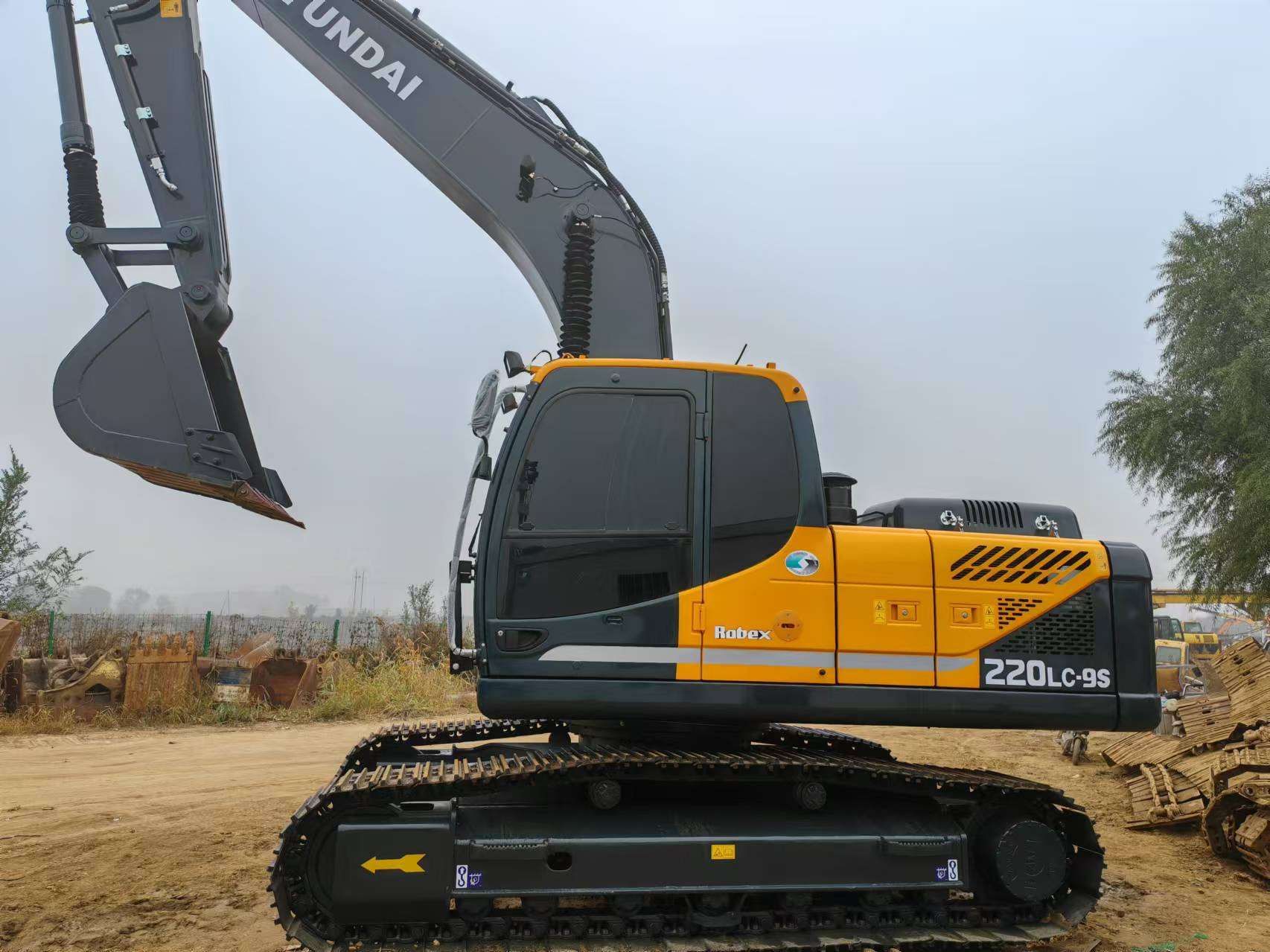current location : Home » categoires :
How to Check If an Excavator Engine Is in Good Condition?
How to Check If an Excavator Engine Is in Good Condition?
When buying a used excavator, one of the most important factors to inspect is the engine condition. The engine is the heart of any excavator, and a poor-quality engine can lead to costly repairs, downtime, and low efficiency on site. Whether you are purchasing for a project in Africa, Asia, or the Middle East, knowing how to assess the excavator’s engine will help you make the right decision.
In this blog, we will guide you through the key steps to evaluate if an excavator engine is in good working order before buying.

1. Check for Engine Start-up Performance
A healthy engine should start smoothly without excessive cranking. Warning signs include:
Hard starting, especially in warm weather.
Excessive smoke at start-up.
Unusual knocking or rattling sounds.
Tip: Always request a cold start test. This shows how the excavator performs when the engine has been sitting idle for hours.
2. Observe Exhaust Smoke Color
Exhaust smoke can reveal much about the condition of the engine:
Blue smoke → burning oil (possible worn piston rings or valve seals).
Black smoke → incomplete fuel combustion (possible injector or turbo issues).
White smoke → coolant leakage or head gasket problem.
Healthy engines should produce little to no smoke after warming up.
3. Listen for Unusual Noises
Engines in good condition should run smoothly. Be cautious of:
Knocking sounds → may indicate worn bearings or piston issues.
Tapping sounds → possible valve or injector problems.
Grinding noises → potential timing gear or accessory failure.
4. Inspect Engine Oil & Hydraulic Fluid
Check the engine oil color – dark black oil may indicate overdue service, while milky oil could mean coolant leakage.
Inspect hydraulic oil – low or dirty fluid can affect both the engine and overall excavator performance.
Regular maintenance history is a good sign of a well-kept machine.
5. Review Engine Hours vs. Machine Condition
Excavator engines are built for long life, but:
Over 10,000 hours may require major inspection.
Compare machine condition with hour meter reading – if it looks heavily worn but shows low hours, it may be tampered.
6. Test Engine Power Under Load
Ask the seller to operate the excavator under real working conditions:
Digging or lifting heavy loads.
Swinging the boom while tracking.
The engine should maintain steady power without stalling or producing excessive smoke.
7. Verify Service Records & Engine Brand
A reliable service history is the best proof of maintenance.
Also, confirm the engine model – brands like Cummins, Isuzu, Mitsubishi, and Hyundai engines are known for durability and easy parts availability in African markets.
Conclusion
Inspecting an excavator engine is essential before purchase. By checking start-up performance, exhaust smoke, unusual noises, oil condition, operating power, and service history, you can avoid costly mistakes and ensure you are buying a reliable excavator for your construction project.
For buyers in Africa and worldwide, investing in the right machine with a strong engine means higher productivity and lower maintenance costs.
next The Epic Ancestry of Steel Giants From Primitive Bone Shovels to Hydraulic Titans!